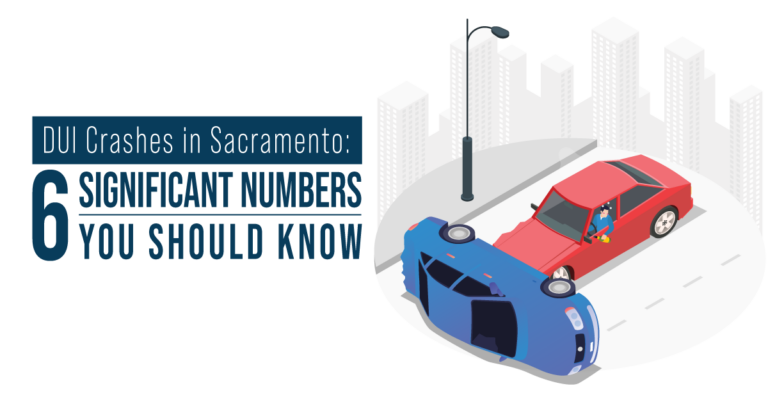Punitive damages are awarded to injured parties in dog bite cases where an at-fault party behaved with willful malice or reckless indifference to the rights and safety of others. It’s a severe accusation to levy against a defendant. In general, this can leave them liable to criminal charges as well. In civil law, this is called gross negligence or willful misconduct.
In order to prove gross negligence or willful misconduct, the plaintiff must show that:
● The owner knew that the dog had a history of biting or attacking people and did not take reasonable steps to secure the dog.
Or that:
● The owner instructed the dog to attack the plaintiff.
Dog Bite Litigation in California
Typically, a dog bite case is litigated under Section 3342 of the California Civil Code. Dog owners are strictly liable under this statute. That means that the injured party does not need to prove negligence. The owner is liable regardless of whether or not he knew the dog was dangerous, had bitten anyone before, or believed Fido to be a perfect angel.
The injured party only has to show that the dog caused their injuries and they were legally allowed to be in the place where the dog bite happened.
Compensatory damages are awarded in the form of both economic and non-economic damages.
Economic damages include:
● Medical expenses
● Lost wages
● Lost earning capacity
Non-economic damages include:
● Pain and suffering
● Disfigurement
● Emotional or psychological distress
● Inability to enjoy activities you used to enjoy
● Inability to do household chores
● Loss of consortium
● Physical impairment
Punitive damages are not compensatory in nature. They are designed to punish the dog’s owner for behaving in a malicious or reckless way.
Proving Malicious Intent or Willful Misconduct
The plaintiff must be able to show “clear and convincing evidence” that owner of the dog either instructed the dog to attack or knew that the dog was aggressive or dangerous and did not take reasonable measures to ensure the dog did not harm others. The standard is much higher than a simple dog bite case. A plaintiff must be able to show “clear
Awarding Punitive Damages in Dog Bite Lawsuits
Typically, homeowners insurance will cover (with some restrictions) dog bites. Punitive damages, however, are not covered by homeowners insurance. In other words, if a plaintiff wins a lawsuit against a malicious owner, they will be going directly after the owner’s assets. The owner’s insurance company may also claim that they are not liable because the owner’s policy does not insure them against intentional acts of misconduct.
Punitive damages are generally calculated using a multiplier of actual damages. This multiplier will not exceed a 10:1 ratio. In other words, you can recover no more than ten times your actual damages. Typically, depending on how egregious the defendant’s misconduct was, the multiplier will fall in the range of 3:1.
Lastly, the financial security and means of the dog owner are considered in awarding punitive damages. Regardless of how awful their conduct was, the amount of punitive damages must be commensurate with their capacity to pay them off.
There are instances where going after punitive damages in a dog bite lawsuit is wise. Other times it may not be. A skilled personal injury attorney can help you make that decision. RMD Law of Orange County has handled several dog bite cases before. We have secured excellent settlements for our clients. Give us a call at (949) 326-5000 or contact us online and we can begin preparing your case immediately.
- Bicycle Accidents in San Francisco: How Safe Are Cyclists? - July 10, 2023
- 6 Ways Posting on Social Media Can Hurt Your Personal Injury Claim - July 5, 2023
- DUI Crashes in Sacramento: 6 Significant Numbers You Should Know - July 3, 2023


